Taiwan urges support for Japan as China imposes economic retaliation over Taiwan remarks
Foreign Minister Lin Chia-lung has urged Taiwanese to increase tourism to Japan and purchase Japanese goods, as a show of solidarity against China’s economic retaliation following comments by Japanese Prime Minister Sanae Takaichi supporting Taiwan.
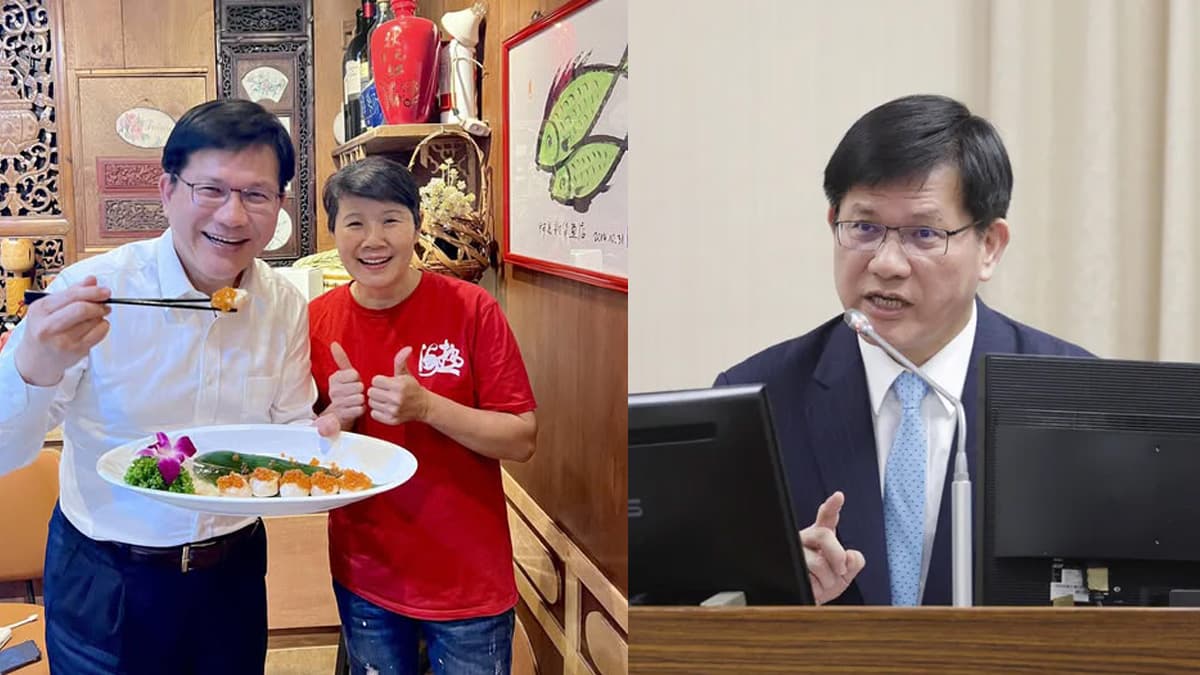
- Taiwan’s Foreign Minister Lin Chia-lung encourages the public to support Japan through travel and consumption in response to Chinese sanctions.
- China halts imports of Japanese seafood and warns against travel after Japan’s Prime Minister voices support for Taiwan.
- Taiwanese leaders demonstrate symbolic support for Japan amid shared experiences of economic coercion.
Taiwan has pledged to support Japan amid rising tensions with China, following Beijing’s economic reprisals over Japanese Prime Minister Sanae Takaichi’s recent comments expressing support for Taiwan.
Foreign Minister Lin Chia-lung on 20 November urged Taiwanese people to travel more to Japan and increase purchases of Japanese products. His remarks were made during a legislative session of the Foreign and National Defence Committee.
Lin characterised China’s response as part of a broader pattern of economic and military coercion aimed at silencing countries sympathetic to Taiwan.
"The Chinese Communist Party is bullying others by weaponising trade, investment and tourism," Lin said, adding that such behaviour is “uncivilised and undemocratic.”
Beijing’s retaliation follows comments made by Takaichi on 7 November during her first parliamentary address. She warned that any Chinese attack on Taiwan would be considered a “survival-threatening situation” for Japan, potentially justifying a military response.
China denounced the comments as “blatantly provocative,” stating they had harmed people-to-people relations and posed risks to Chinese nationals in Japan.
Soon after, Beijing escalated its response by advising against travel and study in Japan. It also informed Tokyo of its intention to suspend imports of Japanese marine products, citing the need to reassess radiation monitoring standards following the release of treated water from the damaged Fukushima Dai-ichi nuclear power plant.
However, Japanese sources cited by NHK stated that the move was politically motivated and directly linked to Takaichi’s statements on Taiwan.
In response, Taiwan’s leadership has taken symbolic and practical steps to support Japan.
President William Lai Ching-Te posted photos on social media showing him enjoying sushi made with Japanese ingredients, including yellowtail from Kagoshima and scallops from Hokkaido, as a public gesture of solidarity.
Foreign Minister Lin Chia-lung also shared a photo on social media, writing that he had treated his team to a platter of Japanese scallop sashimi in support of Japan. “Tonight I’m treating everyone—rewarding colleagues for their hard work—with a large platter of Japanese scallop sashimi to support Japan 🇹🇼❤️🇯🇵,” he wrote, thanking the restaurant owner for her generous portion of salmon roe and acknowledging staff who joined him in the photo.
These posts were widely seen as efforts to reinforce the call for public backing of Japan, especially through consumer action and travel.
Lin told reporters that Taiwan’s support for Japan reflects shared regional interests and the need to counter authoritarian threats. He said, “We hope Taiwanese will act to support Prime Minister Takaichi and her policies, reinforcing the friendship between Taiwan and Japan.”
He further stressed that Japan’s statements stem from its own national security concerns and align with broader regional dynamics, particularly the Japan–US security alliance. “Taiwan’s support is an independent action,” Lin added, distinguishing it from Japan’s decisions and China’s response.
Lin also criticised China's broader approach to regional diplomacy, stating that Beijing frequently creates crises to justify coercion. “It is not others provoking China, but China seeking excuses to escalate tensions,” he said.
The foreign minister also responded to comments by Vice President Hsiao Bi-khim, who recently told Lithuanian outlet 15min that growing collaboration among authoritarian regimes—specifically China, Russia, and North Korea—was a cause for concern.
Lin echoed this sentiment, describing China and Russia as the “axis of instability”, and noted that the North Atlantic Treaty Organization (NATO) had also highlighted China’s role in prolonging Russia’s war in Ukraine.
Asserting Taiwan’s role in defending democratic values, Lin concluded that democratic nations must unite to counter authoritarian expansion and uphold the rules-based international order. He reiterated that Taiwan’s support for Japan is a tangible step in that direction.
While the situation continues to evolve, Lin’s call to action marks a firm stance by Taiwan to align itself with like-minded democratic partners and resist Beijing’s use of economic pressure as a geopolitical tool.


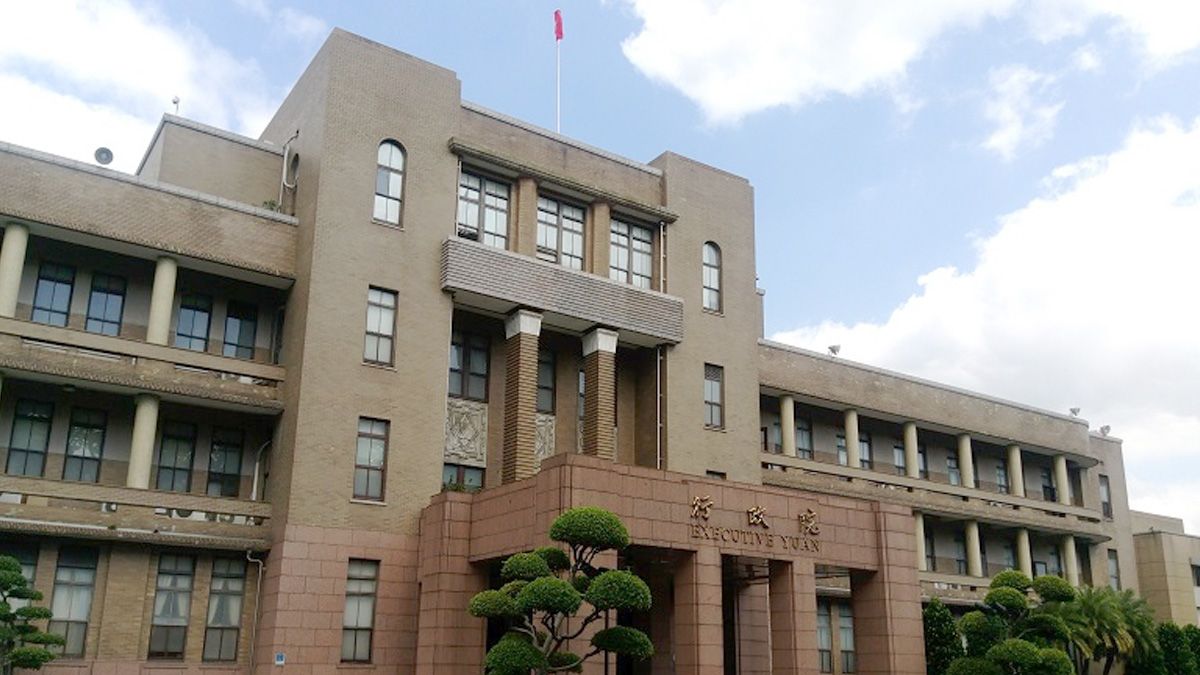
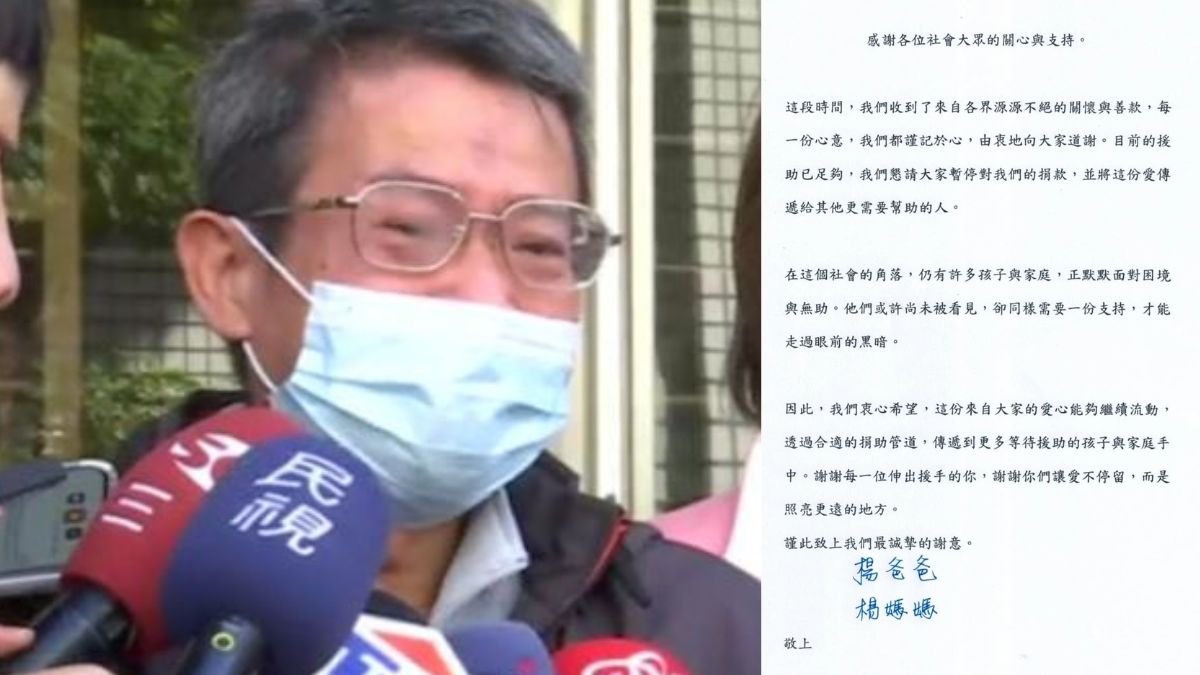

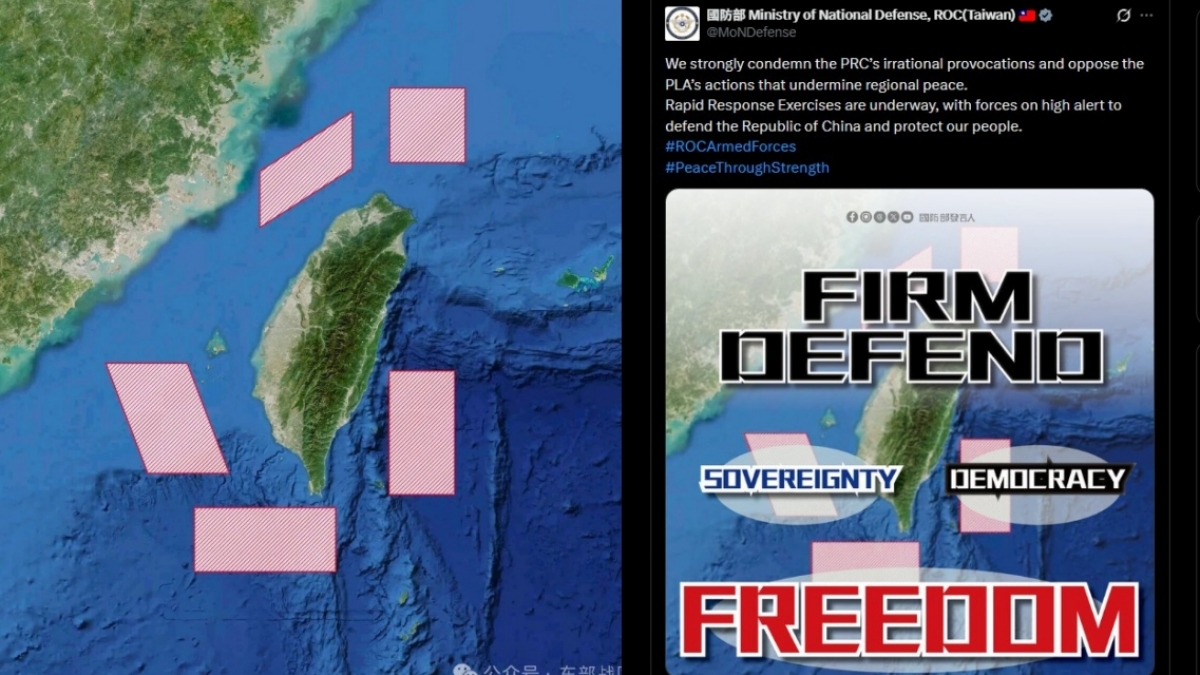
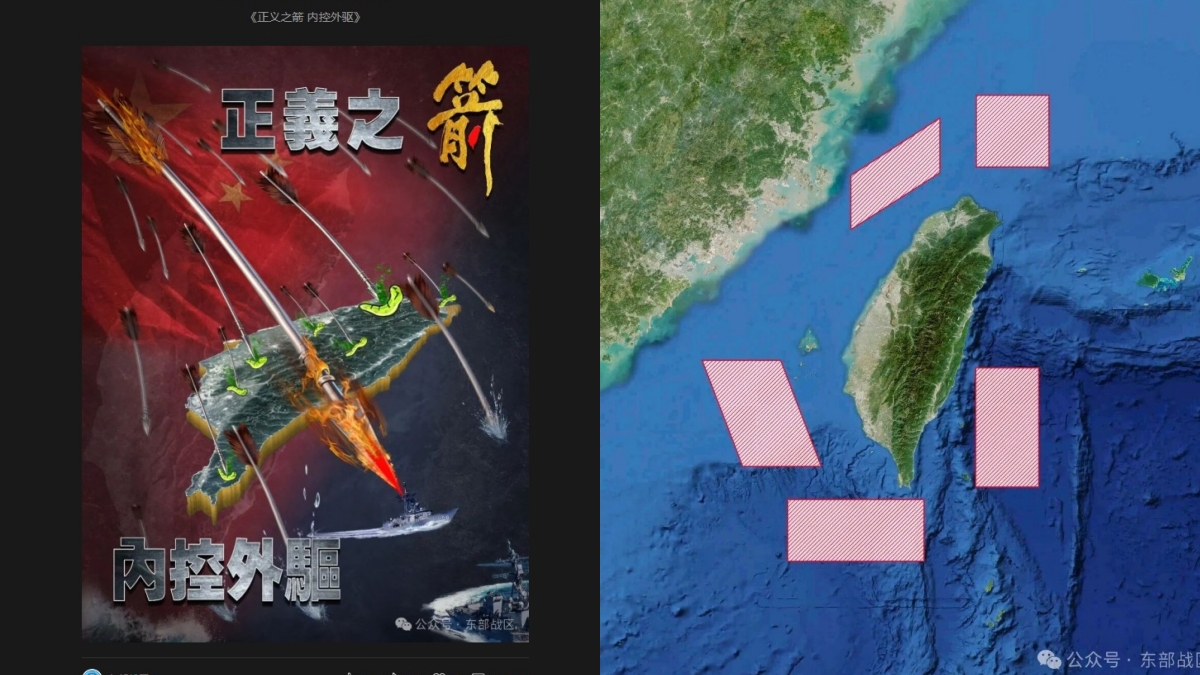

0 Comments